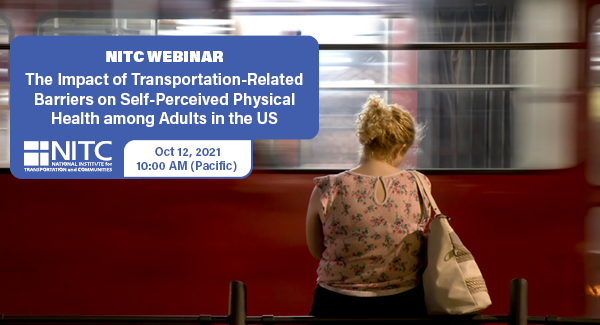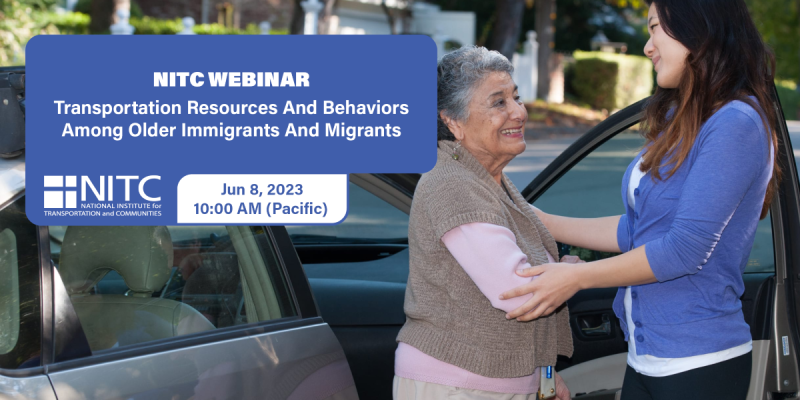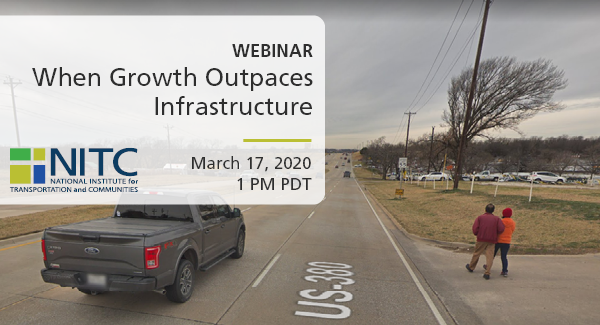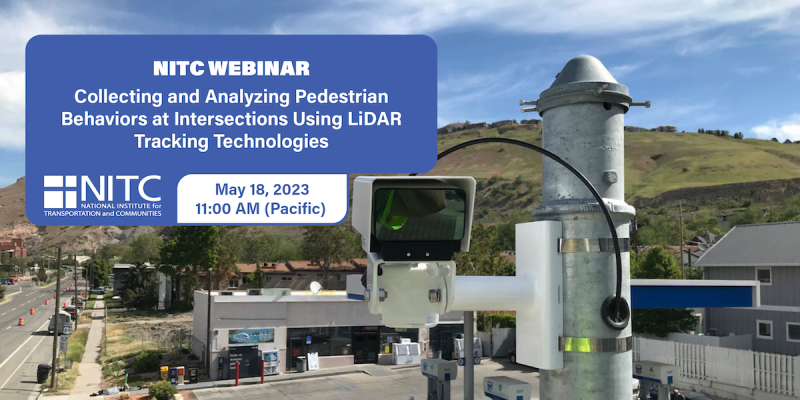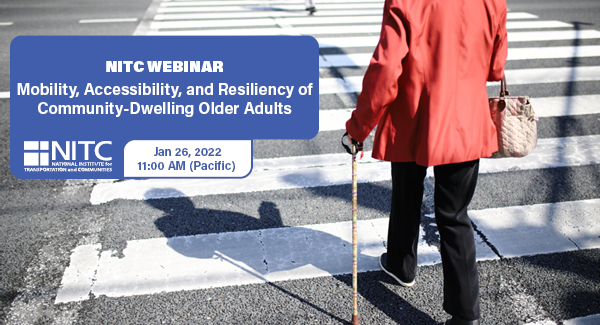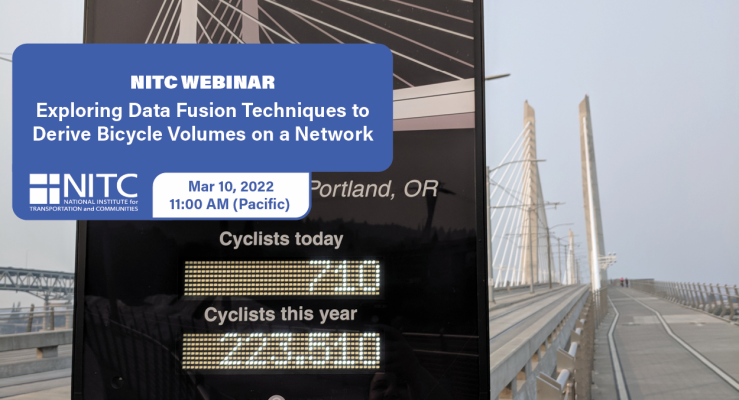PRESENTATION ARCHIVE
OVERVIEW
Drawing from the framework of social determinants of health, the objective of this study is to investigate the cross-sectional association between transportation-related factors and self-perceived physical health among adults in the U.S.
Data for this study were derived from the 2017 National Household Travel Survey. An analytic sample of 71,235 respondents aged 18 and 64 years was analyzed using binary logistic regression. Of the 71,235 respondents examined, 8.9% perceived their physical health to be poor. About 36% of the respondents had fewer vehicles per individuals in the household.
Controlling for the effects of other factors, respondents who had fewer vehicles per individuals in the household were 1.27 times more likely to report poor self-perceived physical health when compared to their counterparts with more vehicles per individuals in the household (AOR=1.27, 95% CI=1.17-1...
Read morePRESENTATION ARCHIVE
OVERVIEW
This presentation reports findings from a cross-sectional survey of older Vietnamese immigrants in the Dallas-Fort Worth, TX metroplex and members of a Hispanic senior center in Hartford, CT. In addition to providing a description of transportation resources and behavior, we present a method for assessing the geospatial "regular activity spaces" of older adults based on the frequency and locations of routine activities. We also present options for assessing the geospatial burden of providing rides to older adults using "ride-provision activity spaces," which entails the frequency and locations of activities for which rides are given. Finally, we discuss the association of transportation-related factors and companionship among members of the senior center in Hartford, CT. Implications for this research include land use policy, assessment for and allocation of public assistance for transportation for older adults, and transportation-related programs to address...
Read morePRESENTATION ARCHIVE
OVERVIEW
This study used a community-engaged interdisciplinary approach to assess the gaps between economic growth and transportation infrastructure development, and the impact of potential gaps on access to opportunities for environmental justice populations within North Central Texas, where population growth has increased over 100% since 2000.
The interdisciplinary team, comprised of social work and civil engineering researchers, in partnership with the regional homeless coalition, measured residents’ perspectives of:
- the economic growth in the area over the past decade,
- the extent to which transportation infrastructure has matched the economic growth, and
- the implications for access to affordable quality housing, employment, quality public education, as well as engagement in cultural and social activities.
The team utilized a mixed-methods (focus groups and survey data), exploratory design to collect responses from a diverse sampling frame. The study results produced an infrastructure profile for the region, in which increased infrastructure from toll ways have...
Read morePRESENTATION ARCHIVE
OVERVIEW
The aim of this research is to investigate pedestrian behavior at signalized intersections using state-of-the-art LIDAR sensing technologies and to use this data, along with vehicular data, to develop a more effective multimodal signal control system.
In the presentation, the presenters will describe a novel method of collecting pedestrian crossing behaviors at signalized intersection, discuss the findings and implications of data analytics, and introduce a novel approach to dynamic flashing yellow arrow mechanisms to reduce the conflict between left turn vehicles and crossing pedestrians.
KEY LEARNING OUTCOMES
- Understand the framework of LiDAR sensing solutions;
- Understand how to collect pedestrian behaviors at intersections;
- Understand how to provide new protection for crossing pedestrians with object-tracking technologies.
THE RESEARCH
This webinar is based on a study funded by the National Institute...
Read morePRESENTATION ARCHIVE
OVERVIEW
Mobility disparities among older adults affect their ability to travel and access services. This project seeks to understand challenges, barriers, and gaps that older adults experience and to develop forms of assistance or educational strategies to fill the varying mobility gaps and meet the mobility needs. This study characterizes older adults’ use of existing and potential transportation options, including conventional transit, paratransit, and ride-hailing systems, based on surveys and interviews collected from community-dwelling older adults in Dallas, Texas. Through the interview during the pandemic, the research team found that perceptual and knowledge barriers appear to be reduced among older adults to adopt new mobility options such as ride-hailing although financial and technology barriers still exist. Based on the findings, we discussed several strategies that can...
Read morePRESENTATION ARCHIVE
OVERVIEW
Planners and decision makers have increasingly voiced a need for network-wide estimates of bicycling activity. Such volume estimates have for decades informed motorized planning and analysis but have only recently become feasible for non-motorized travel modes.
Recently, new sources of bicycling activity data have emerged such as Strava, Streetlight, and GPS-enabled bike share systems. These emerging data sources have potential advantages as a complement to traditional count data, and have even been proposed as replacements for such data, since they are collected continuously and for larger portions of local bicycle networks. However, the representativeness of these new data sources has been questioned, and their suitability for producing bicycle volume estimates has yet to...
Read more
